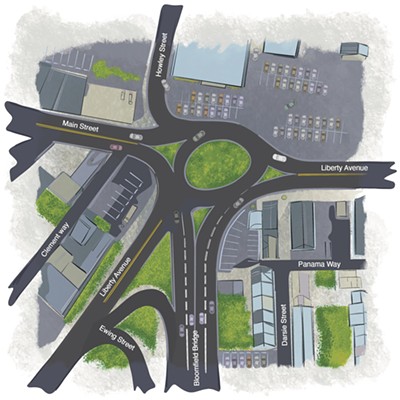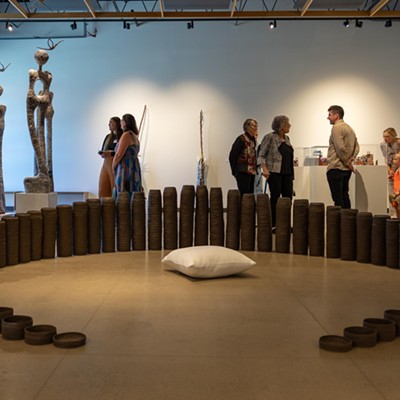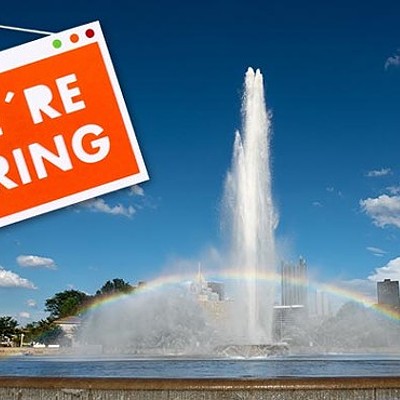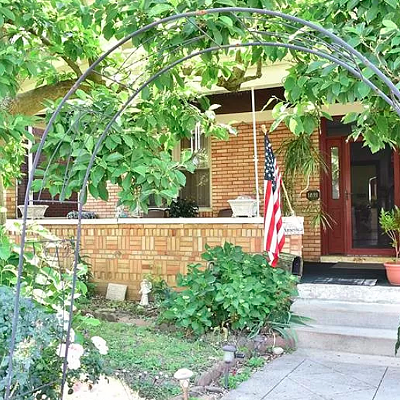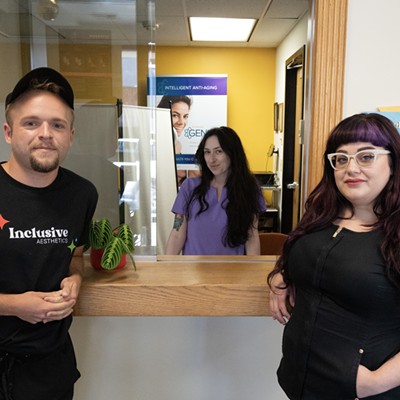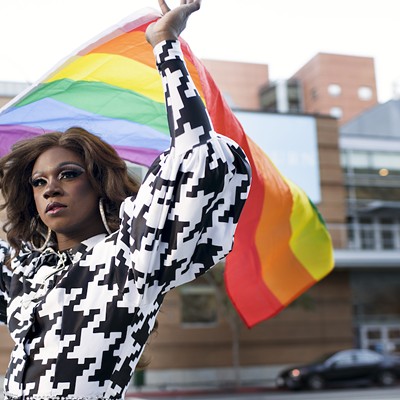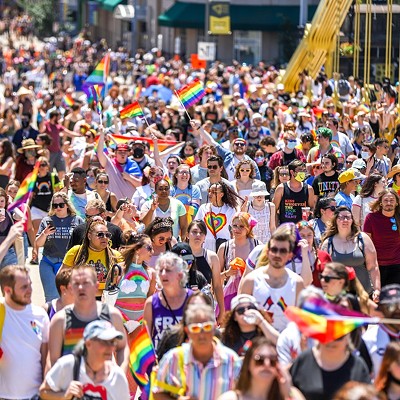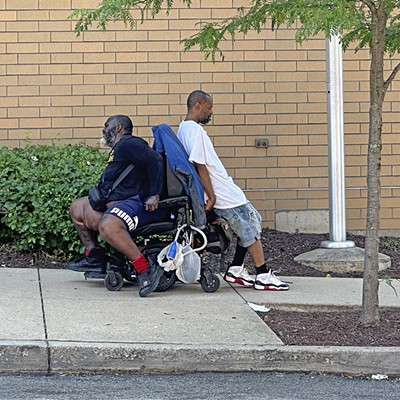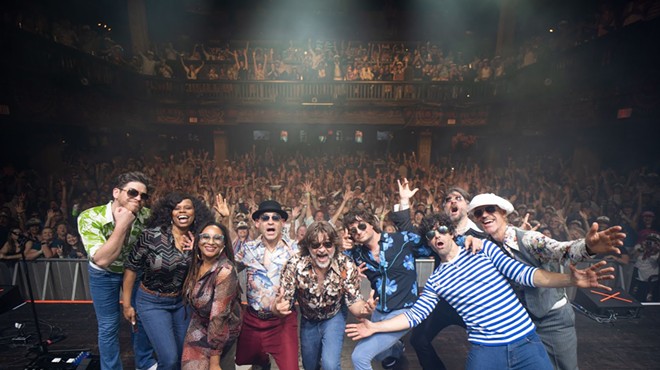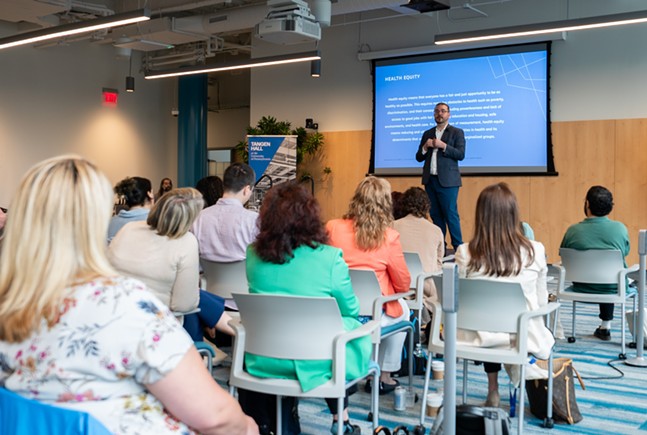
After U.S. Surgeon General Dr. Vivek H. Murth declared a nationwide epidemic of loneliness, the Eidos LGBTQ+ Health Initiative released a comprehensive report in March outlining the relationship between social connection and health outcomes in the LGTBQ community. Murthy’s advisory noted that one out of two Americans reported experiencing loneliness even before the COVID-19 pandemic.
For LGBTQ+ people, that statistic is even higher.
Eidos was launched in 2022 at the University of Pennsylvania’s School of Nursing. According to the initiative’s report, 75% of sexual-minority adults feel at least moderately lonely. This data emerged from a research study that surveyed 7,856 adults across 85 countries. Not only do LGBTQ people experience significantly higher levels of loneliness, the study found, but also poorer health outcomes that result from isolation.
“LGBTQ+ individuals who report isolation and loneliness are more likely to report chronic disease, poor self-rated health, mental health conditions, and suicidality,” the report states.
This evidence-based report draws a clear connection between the social disparities faced by the LGBTQ community and the negative consequences of isolation and loneliness. Discrimination, marginalization, and stigmatization historically have led to less access to opportunities and resources such as family members' support, safe school spaces, routine healthcare, and legal protection. To avoid rejection, disrespect, and negative reactions, many LGBTQ individuals withdraw from relationships. Some individuals avoid seeking medical care, fearing continued discrimination and judgment.
“In the 2023 U.S. National Survey on the Mental Health of LGBTQ Young People, 53% of participants reported being verbally harassed, 32% were not allowed to dress the way they wanted, and 25% received discipline for standing up to bullies,” another finding notes.
Research studies continually show improvement in mental and physical health outcomes when those in the LGBTQ community are provided with feelings of belonging and access to social support.
The Pittsburgh community may experience more isolation than other cities. According to the one analysis by the Chamber of Commerce, Pittsburgh ranks as the sixth-loneliest city in America behind Cleveland. Census Bureau housing data determined that 46.1% of Pittsburghers live alone as opposed to the National average of 29% of US households.
The Eidos team tells Pittsburgh City Paper they recognize the need for social solutions to create relational change to break the barriers of loneliness and isolation and the need for innovation to achieve LGBTQ+ health equity.
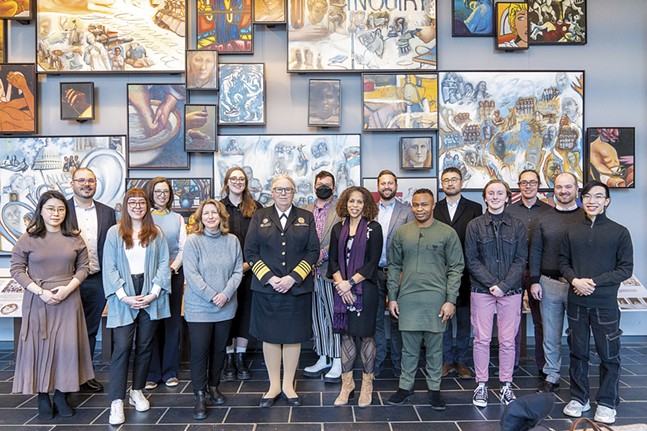
“Eidos was formed in response to decades of evidence that marginalization and discrimination continue to lead to physical and mental health disparities for LGBTQ+ people,” says James Wolfe, senior innovation manager at Eidos. “Much of our country’s slow progress to address those disparities has to do with a lack of investment and resources: only about 1% of the National Institute of Health’s research grants go to LGBTQ+ topics, only 23 cents of every $100 awarded by philanthropic foundations go to LGBTQ causes, and only 0.5% of the money invested in startup companies goes to LGBTQ+ founders.”
Creating effective change in LGBTQ health outcomes starts with addressing the core issues of isolation and loneliness. “Eliminating those disparities requires social solutions that create greater social belonging,” Wolfe says. The Eidos report encourages individuals to address LGBTQ+ health disparities by cultivating social inclusion, belonging, and access to cultural resources.
There are many examples of Pittsburgh-based organizations striving for positive change. According to their website, the PGH Equality Center serves as a bridge that promotes education, advocacy, and social justice for all LGBTQ people and allies in Western Pennsylvania. Central Outreach Wellness Center is a holistic, multicultural, LGBTQIA, HIV, and Hepatitis C health organization. The Persad Center also focuses extensively on improving mental health outcomes among LGBTQ Pittsburghers, as does Allies for Health + Wellbeing. These are just a few of the organizations striving to create safe spaces and equitable health outcomes locally.
Wolfe says, “Whatever work you do, assume LGBTQ+ people are part of the public you serve. We seek healthcare, need housing, pursue education, use childcare, and invest in local communities just like anyone else.
“The reason we need LGBTQ-specific health solutions at this cultural moment is because the assumption has been that we aren’t part of these communities and haven’t been considered in the development of programs, policies, products, and services. Seeing LGBTQ+ people as part of the community you serve gets us all closer to developing shared solutions that work for everyone.”

